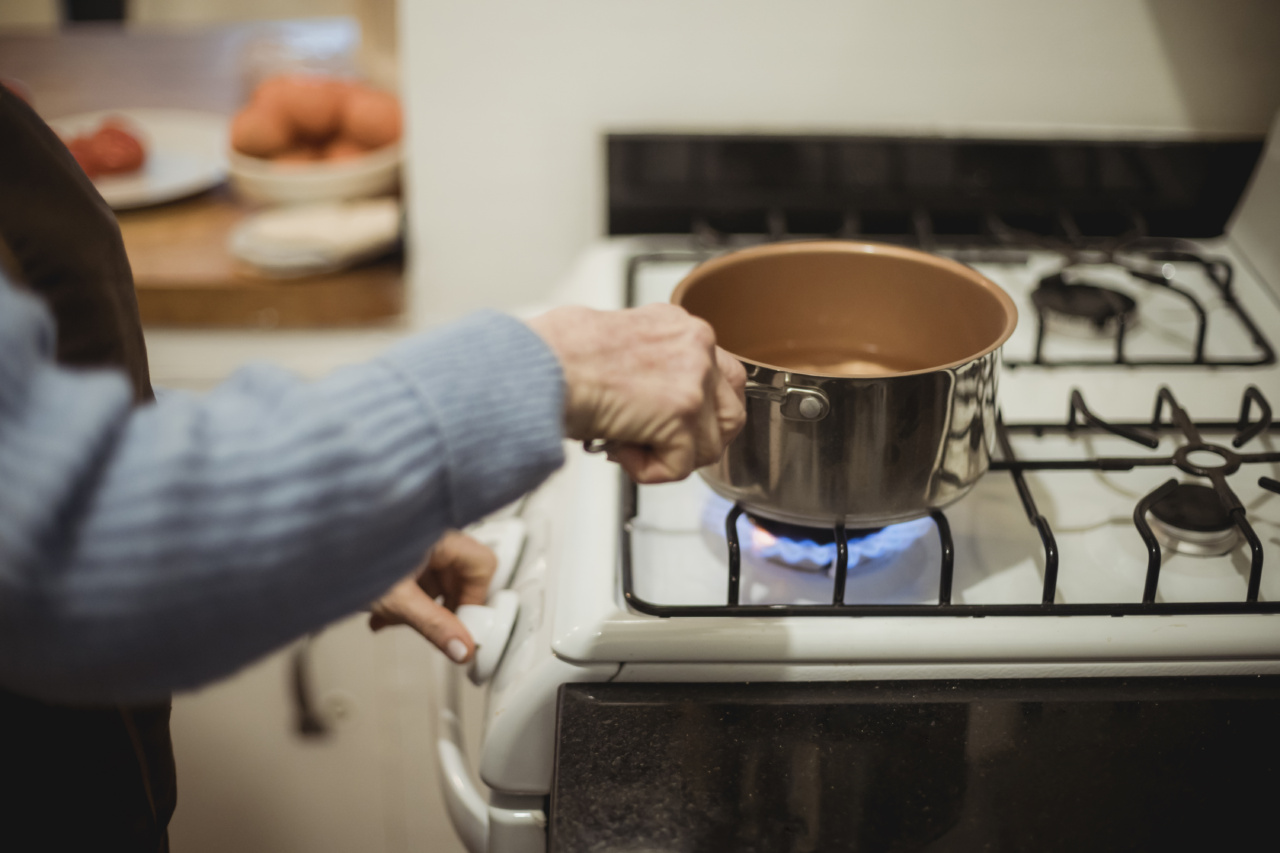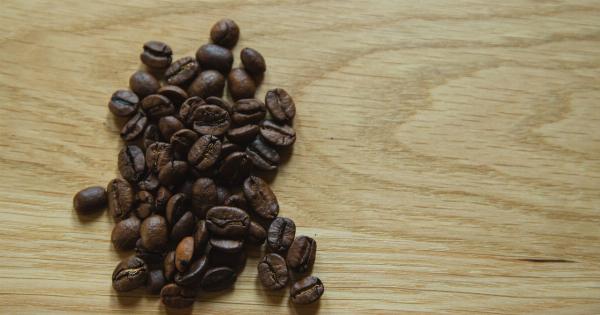Gas buildup in the digestive system can cause discomfort, bloating, and even pain. While some amount of gas is normal, excessive gas can be disruptive to daily life. One way to prevent gas buildup is to identify and avoid foods that tend to cause gas.
Here are five common foods that are known to create gas buildup:.
1. Beans and Legumes
Beans and legumes, such as lentils, chickpeas, and black beans, are notorious for causing gas. They contain a type of sugar called oligosaccharides, which cannot be digested by the small intestine.
Instead, these sugars are broken down by bacteria in the large intestine, leading to the production of gas. Soaking and rinsing beans before cooking them can help reduce their gas-producing properties.
2. Cruciferous Vegetables
Cruciferous vegetables, including broccoli, cauliflower, cabbage, and Brussels sprouts, are rich in sulfur-containing compounds known as glucosinolates. When these vegetables are broken down in the digestive tract, gas is produced as a byproduct.
While these vegetables are highly nutritious and should not be eliminated from your diet completely, cooking them thoroughly can help break down the compounds and make them more easily digestible.
3. Carbonated Drinks
Carbonated drinks, such as soda and sparkling water, can cause gas buildup due to the fizzy bubbles they contain. When you consume carbonated beverages, you also swallow air, which contributes to the gas in your digestive system.
Avoiding or reducing the consumption of carbonated drinks can significantly reduce gas and alleviate bloating.
4. Dairy Products
Dairy products, particularly those that are high in lactose, can cause gas and bloating in people who are lactose intolerant. Lactose is a sugar found in milk and dairy products that requires the enzyme lactase to be properly digested.
If your body doesn’t produce enough lactase, lactose remains undigested and is broken down by bacteria in the intestines, producing gas. Choosing lactose-free alternatives or taking lactase supplements can help mitigate these symptoms.
5. High-Fiber Foods
While fiber is essential for a healthy digestive system, certain high-fiber foods can cause gas buildup.
Foods such as whole grains, bran, and some fruits and vegetables, like apples, pears, and onions, contain complex carbohydrates that are not fully broken down during digestion. As a result, gases are released in the intestine, leading to bloating and discomfort. Gradually increasing your fiber intake and drinking plenty of water can help your body adjust to high-fiber foods and reduce the gas they produce.
By being mindful of these common gas-producing foods, you can make dietary adjustments to alleviate gas buildup and improve your digestive health.






























